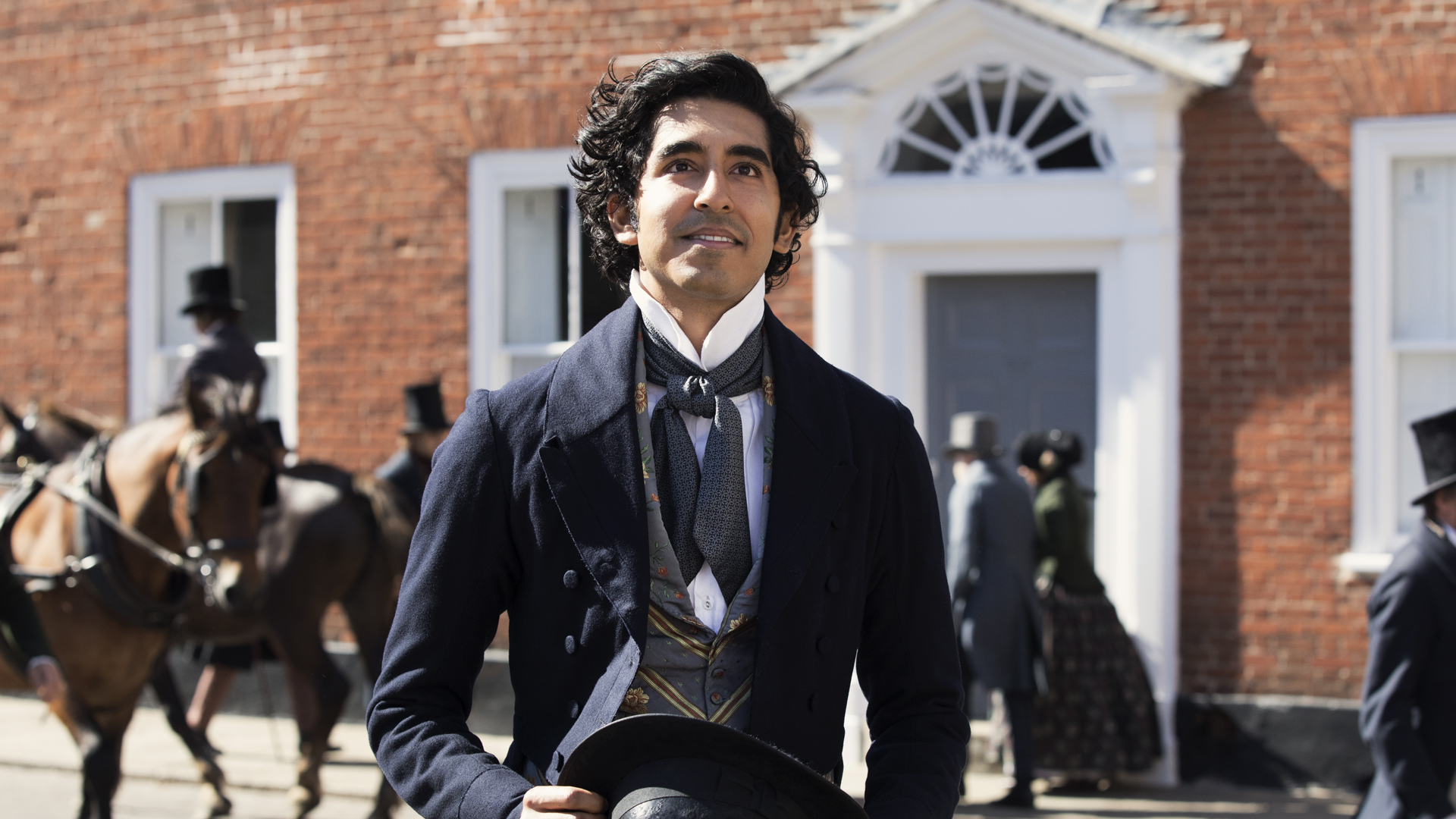Theatre has been doing ‘colour-blind casting’ for years, but until now film has had a ‘keep out’ sign on the door, barring actors of colour from appearing in bonnet and breeches dramas. Now, with his inclusive Dickens adaptation The Personal History of David Copperfield, Armando Iannucci cheerfully sticks two fingers up at the backward-looking tradition of all-white casting. The ethnicity of the actors in the film is completely irrelevant. Which gives us the heaven-sent casting of Dev Patel, a Londoner of Indian heritage, as Copperfield. I can’t think anyone better suited to Copperfield, an orphan making his way in the world and finding himself as a man, than Patel, an actor with a puppy dog-warm screen presence. Though he is very nearly eclipsed by pint-sized moppet Jairaj Varsani, who portrays Copperfield as a small boy with irresistible mischief; he’s not on screen for nearly enough time.
That, in a nutshell, is my beef with this David Copperfield. The script by Iannucci and Simon Blackwell snips and clips away at the story, cutting to the dramatic quick with the precision of an expensive Japanese knife, blade glinting. It’s a briskly-paced, good-natured adaptation, but left me with a pang for the novel’s richly enjoyable detail, the shades of feeling, its emotional ache for an unhappy boyhood.
It opens with Copperfield (Patel) as a young man, a successful novelist reading from his autobiography on stage before literally walking into scenes of his early life. We see him as a bystander at his own birth, watching his mother, young widow Clara Copperfield (Morfydd Clark) in labour. When she marries abusive Mr Murdstone (Darren Boyd), young Copperfield is humiliatingly put to work at a bottle factory (as Dickens himself was at 11). Peter Capaldi is Mr Micawber, the lad’s feckless London landlord, a man in a constant state of financial embarrassment. As a teenager, Copperfield runs away to his eccentric aunt Betsey Trotwood (Tilda Swinton, wonderful). Ben Whishaw is that great villain Uriah Heep, revoltingly obsequious and ever so humble. Whishaw plays him so well you can almost see smarmy Heep leaving grease marks on the furniture.
It’s perhaps churlish to complain about a film with Dickens’ famous characters played to such perfection by a premier-league cast. And this really is an intelligently adapted and bracingly modern period drama. The script corrects Dickens’ fondness for an insipid female character; Copperfield’s true love Agnes (Rosalind Eleazar) has become the prime mover in uncovering loathsome Heep’s heinous crimes. Even drippy Dora, another love interest, is funnier and wiser. Still, the film is in a constant rush, cantering along, often switching to a gallop. I longed it to slow to a trot. As Dickens himself wrote in the novel: “Trifles are the sum of life.”
Still, it’s a very funny film, and the casting is brilliant. The inclusivity doesn’t feel at all odd or jarring. The white Welsh actor Aneurin Barnard is Copperfield’s swaggering boyhood friend Steerforth while Nikki Amuka-Bird, a Nigerian-Brit, portrays his mother, arrogant Mrs Steerforth. They play the dysfunctional emeshed mother-son relationship beautifully. Now that the glass ceiling has been smashed, more casting like this please.









